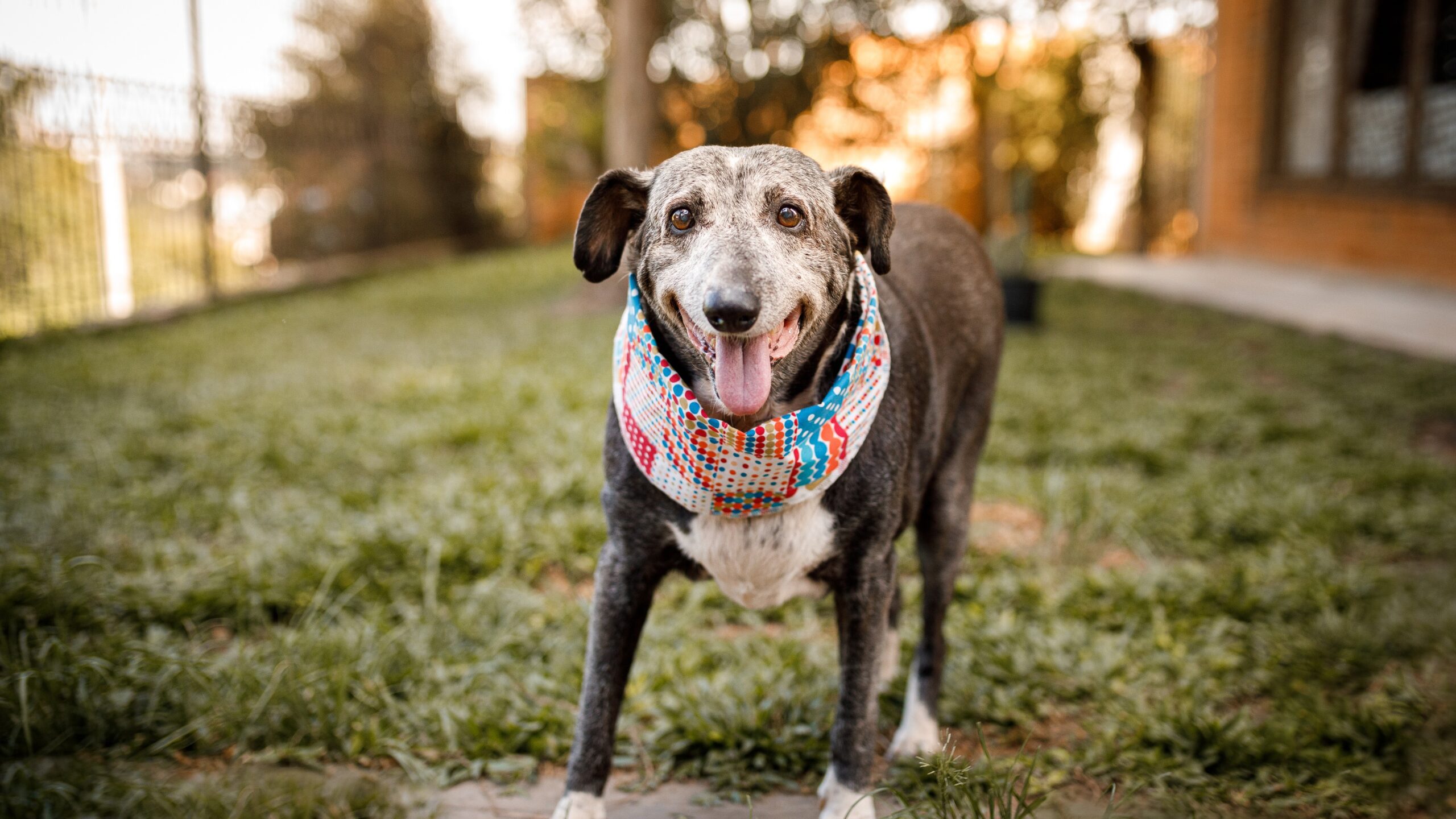
"Adopt, don’t shop" is a phrase we’ve all heard for a long time now, though when it comes to senior dogs, many people might feel put off about adopting.
There’s a stigma about adopting senior dogs, which sadly pushes people toward breeders. And it’s a real shame for many reasons, as senior dogs are some of the sweetest pets out there. They are unfortunately among the most abused, abandoned, and neglected pets out there, too, as people generally don’t want a slow, old dog; they want a boisterous, cute puppy. But senior dogs are more than their age; they’re loving, empathetic, and loyal, and they can often be just as active as a puppy.
More from LittleThings: We Got Some Expert Advice On How To Help Kids Cope With The Loss Of A Beloved Pet
That being said, a senior dog is still for life and not just for Christmas. They have specific needs that puppies don’t, and it’s best to know the difference before adoption. Particularly if you have pet owner anxiety, there are a handful of things you should keep in mind when adopting a senior dog.
1. Your bills may rise due to their health.
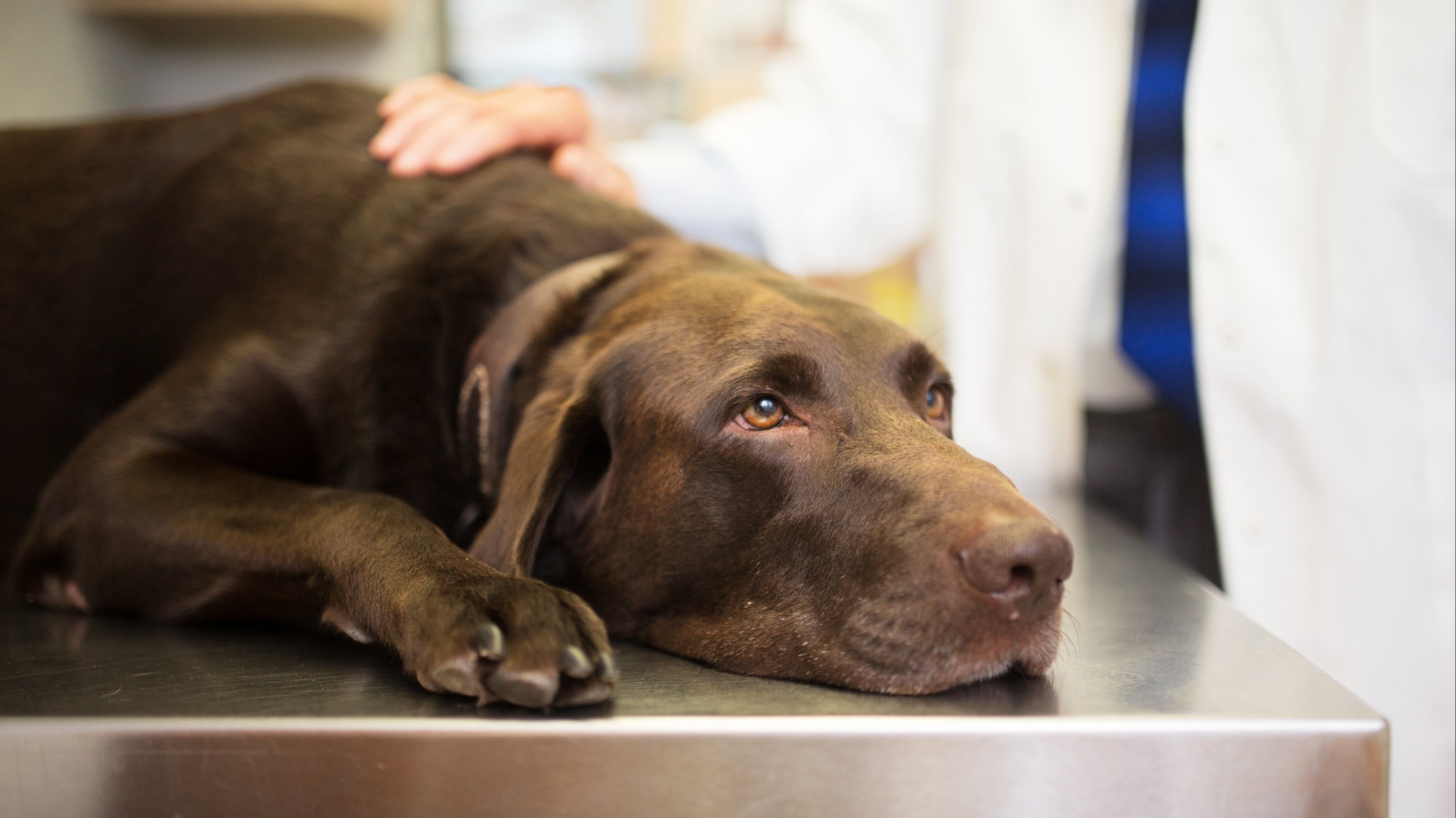
Any pet will cost money, but since older dogs are more likely to develop health problems, this usually means your vet bills will increase. Pet insurance will also rise, as there is a higher rate on older dogs than puppies. According to SeniorCare2Share, however, this cost will probably even out over time, depending on the dog. To avoid pet insurance rates increasing, you can also get senior dog insurance rather than general pet insurance. This is also helpful, as many pet insurance policies have an age cap per dog. At the end of the day, the cost shouldn't be a shock if you plan ahead.
2. The dog may need retraining.
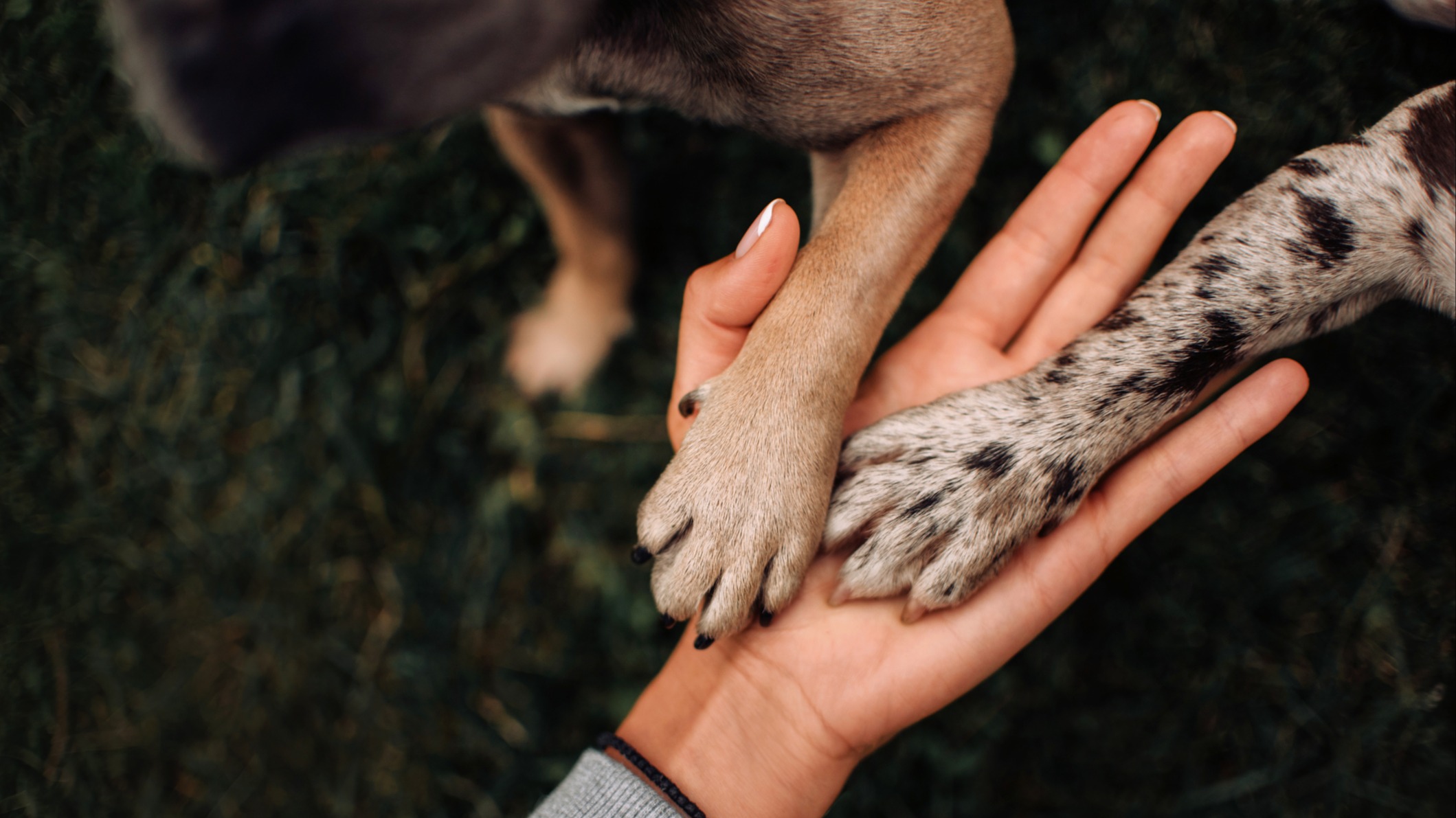
Though it’s likely that your senior dog may already be fully trained from living with previous owners, it depends on the dog's history. If the dog was a stray their whole life, or from a neglectful family, you may need to start from scratch with training. Each dog will react differently to different environments, also. Maybe climbing on the couch was OK in their last household, but your couch is a no-go. Perhaps they were scolded for trying to interact with other dogs in a past home, but you want them to get to know your other pets and acquaintances in the park. You won’t really know till they’re settled in at home. Just keep in mind that you may not be skipping that training stage.
3. You may be saving their lives.
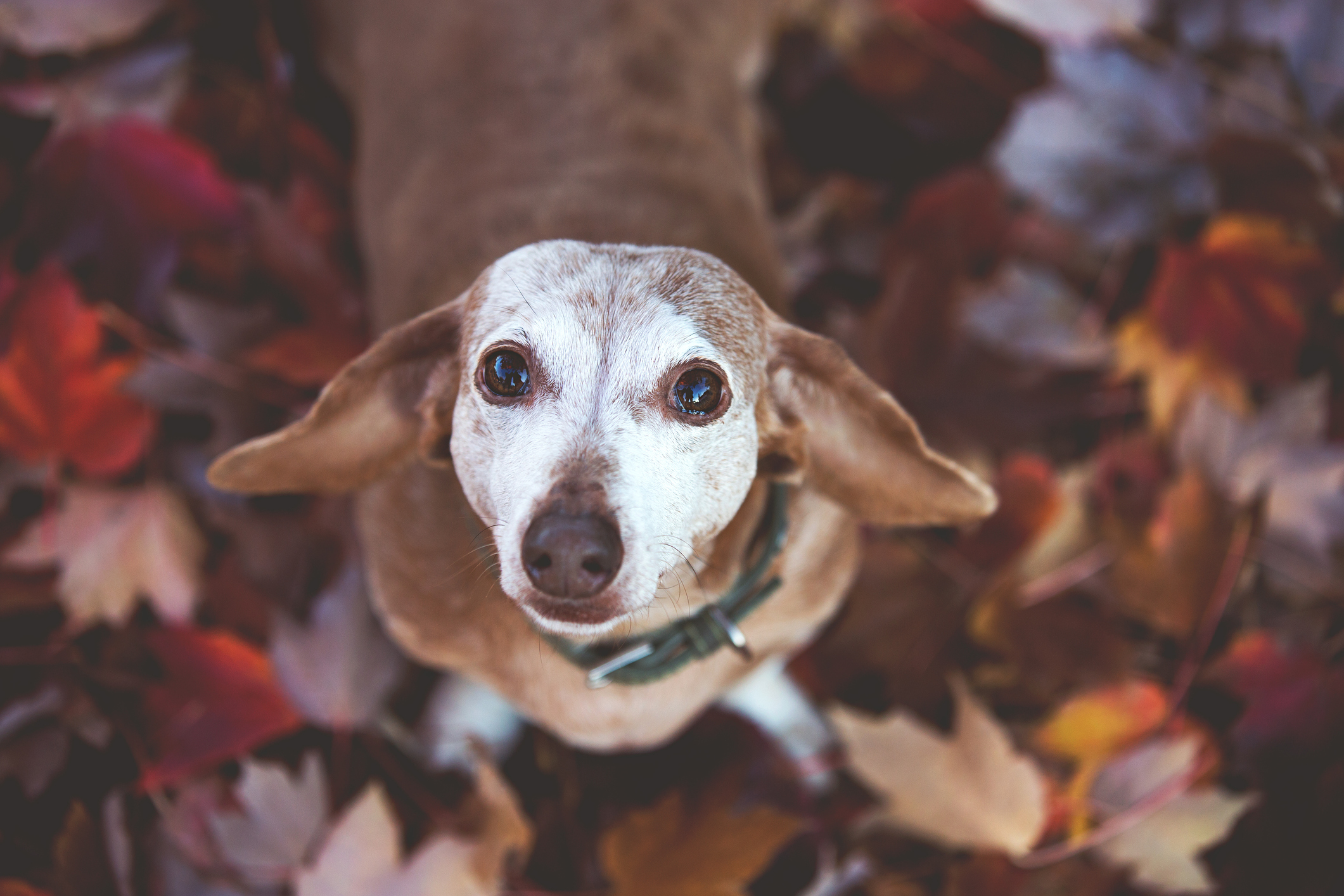
If you’re on the fence about adopting an older dog, just keep in mind that you will gain so much from doing it that you can’t get with a puppy — particularly a bred and purchased puppy. You may very well be taking an older dog off the kill list, as many shelters don’t have the space or funds to keep them. You’re giving them a fresh start, which is especially important if they came from an abusive home or business (such as racing dogs or fighting dogs).
The upsides for yourself are also countless. Not only is it possible that you'll skip puppy training and a lot of pee-stained rugs, but you’re most likely going into the relationship knowing all their individual needs and health issues, since the shelter will have put together a list. Not everyone puts their pets up for adoption because the pet is difficult; sometimes owners die or become financially, physically, or mentally unable to take care of their pets. And sometimes their age scares them. There’s no certainty that you’ll get a dog who is miles easier to take care of than a brand-new puppy, but it’s often very likely.
4. They may be traumatized.
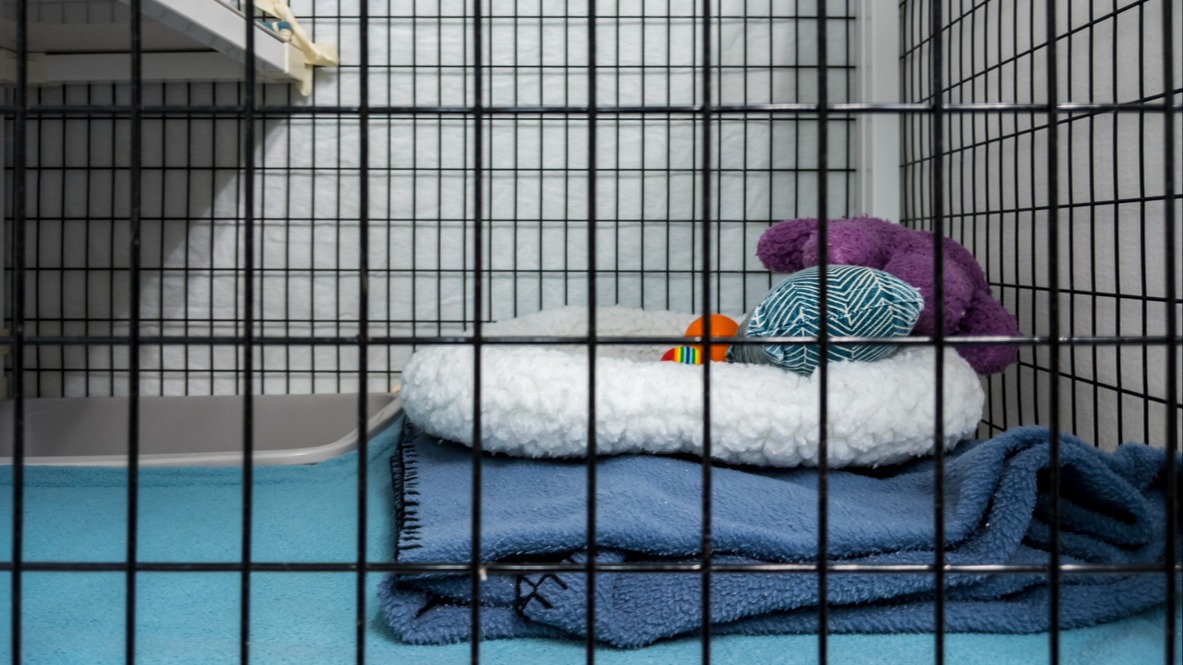
There’s a misconception that dogs who have been mistreated turn into feral animals at any given moment. Yes, for many dogs, they can explode into snarling and biting. But sometimes trauma is more subtle. Take a note of anything that spooks your dog, from the TV being too loud or being stroked too suddenly to being in their crate or car or around large groups of people. A traumatized dog may need professional help, or they may just need you to go slow with them and use certain training techniques to gain their trust.
5. They might take longer to adjust to you and your home.

Puppies are essentially a blank slate, so after a little while, most of them will feel right at home because it’s the only home they’ve ever known. Senior dogs, however, may still be thinking they’ll be back in their old home any day now. If your dog is suffering from their past life, your home may be full of triggers for them. Your other pets also may upset them simply by being there. The trick is to introduce them to their new environment and activities slowly, with patience and lots of treats. Check out Jenna Marbles' experience with her rescue greyhound Bunny for some insight into what it looks like to welcome a traumatized dog into your family home.
6. They may need less-strenuous exercise.
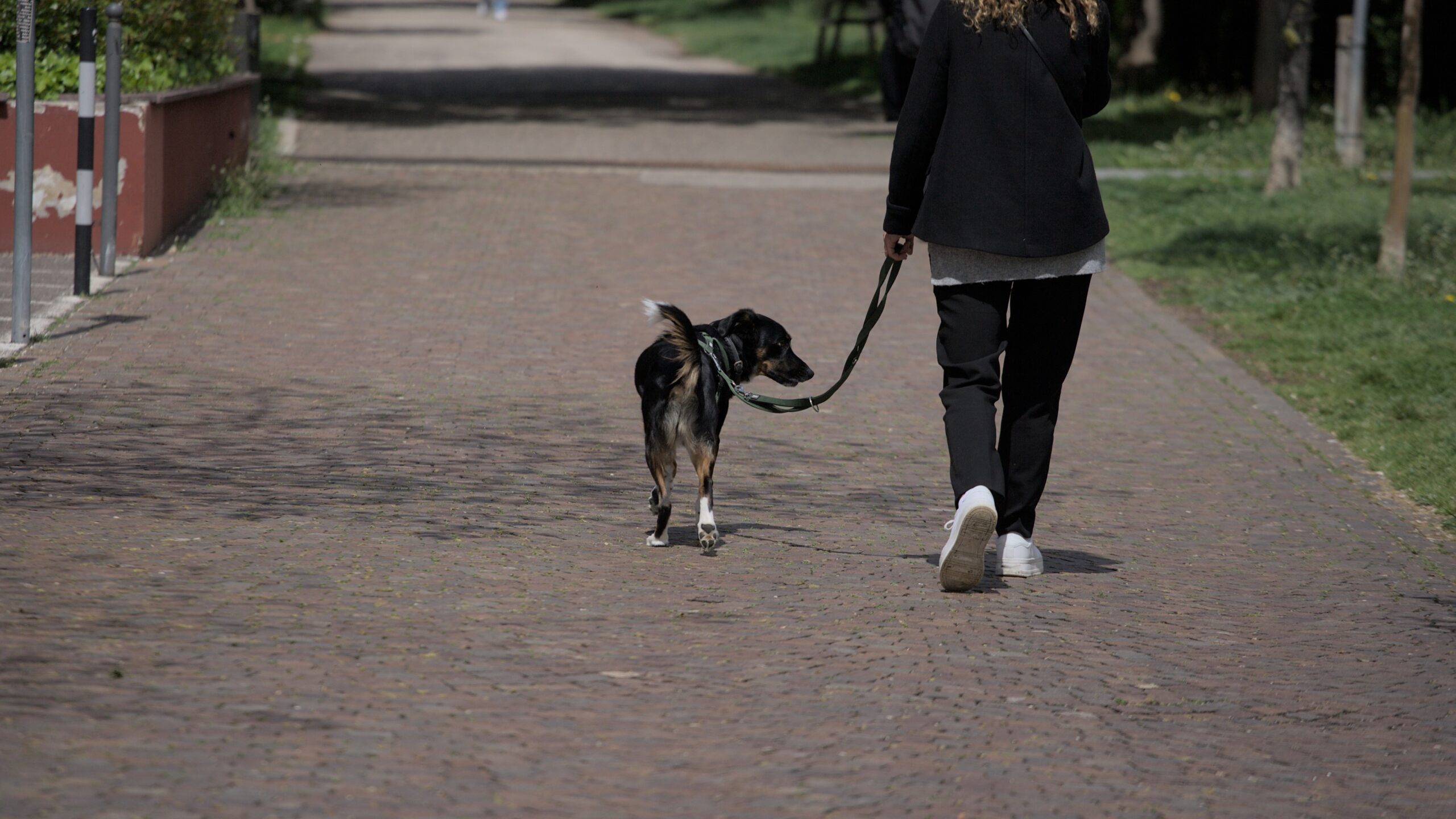
This may be a huge pro for people who don’t like exercising much — or a con for the more active pet parent. But many senior dogs cannot do everything a puppy can do. They may also be a lot slower during walks, so we just have to be patient with them and learn when to call it quits for the day. They may also need physical therapy for arthritic limbs or old injuries. Talking with the shelter and your vet about their specific needs will help build an appropriate routine. That being said, there are plenty of senior dogs out there who are full of energy; just try to get an idea of that energy level before you start hiking them up a hill.
7. They’ll probably have way less energy and sleep more than a puppy.

Sleeping more than usual can be a sign of ill health or overexertion; however, for a senior dogs it’s totally normal for them to sleep most of the day away. Always ask a vet if you’re unsure, but senior dogs don’t have the energy of a puppy or middle-aged dog. They generally want to walk less, lie down more, play for shorter periods. That being said, dogs are dogs! They’ll most likely want to run around, chase balls, drag huge sticks, and jump on your lap just as much as any other dog; they may just take longer to recover from the exercise. I mean, heck, can you do as much physically as you could when you were a kid? I know I can’t!
8. Prepare yourself and your family for the end.
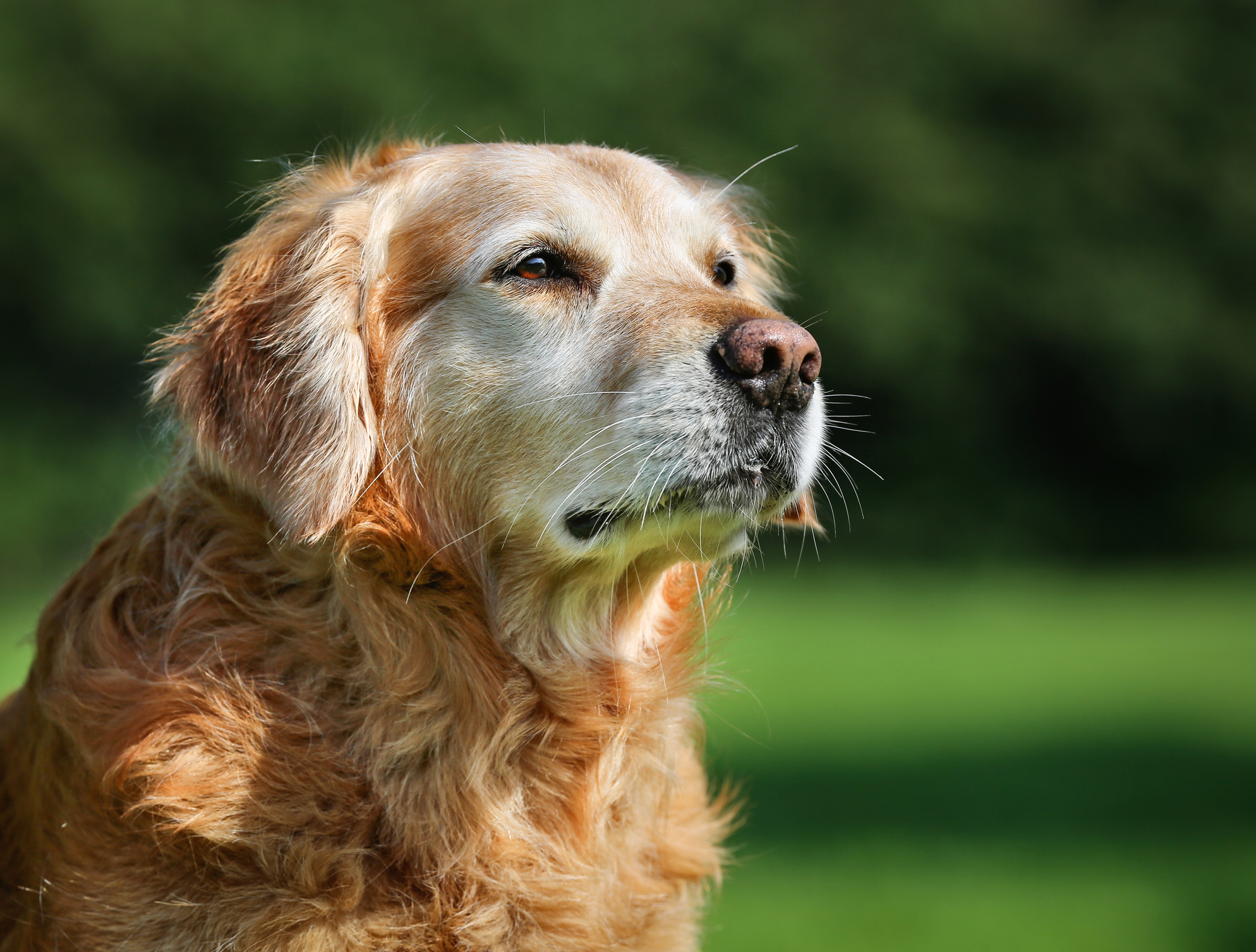
Long before it actually comes, make sure you and your family are prepared for the passing of your senior dog. Kids in particular may take it hard, especially if they haven’t yet been taught about mortality. As depressing as it is, your pet’s death may be the way to do that. Include your other pets, too, as one day they may start wandering around the house looking for their lost friend.
Though we can’t tell them in advance, or even with words, making sure you have plenty of videos of the late dog will help the transition. A lot of pets love lying down with an iPad to see their old friend again. Make sure they have tons of doggy park time or general interaction with other pets, and give them extra attention. There’s no way to fix it so you don’t have your heart broken by the end, but you can make it easier by planning how you’ll deal with it.
9. Listen to senior dog experts.
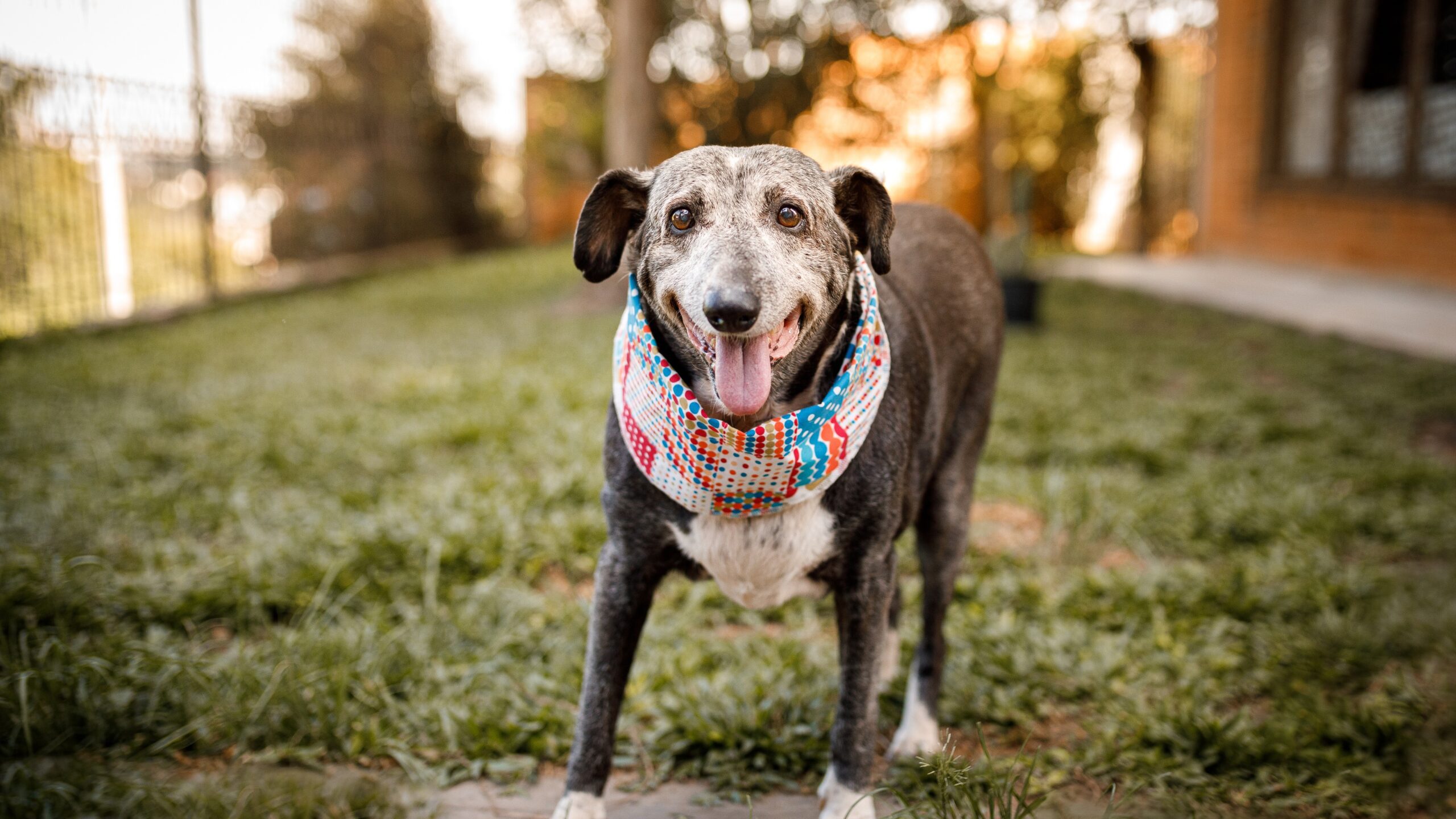
When in doubt, the internet is your best friend. There are tons of resources out there to help you with financial troubles, diet questions, retraining tips, dealing with your pet’s general health, anxiety, and even doggy dementia.
Toward the end of your pet’s life, you can also talk to a pet grief counselor like Beth Bigler, who says, “As you anticipate a loss, it’s important to reframe your mindset from tragedy to empowerment. What can you do each day to give your animal a sense of normalcy, happiness, and peace? What’s on your animal’s bucket list? How can you give your animal a sense of happiness and comfort rather than doom and gloom? Animals respond to our moods and feelings. If you don’t want your animal spending your final chapter in dread and despair, you can help by providing an atmosphere of happiness and routine.”
There are also plenty of social media groups made specifically for senior pet parents, where you can share your stories and tips and gain so much insight into the world of senior dogs.
10. Don’t look back in regret.
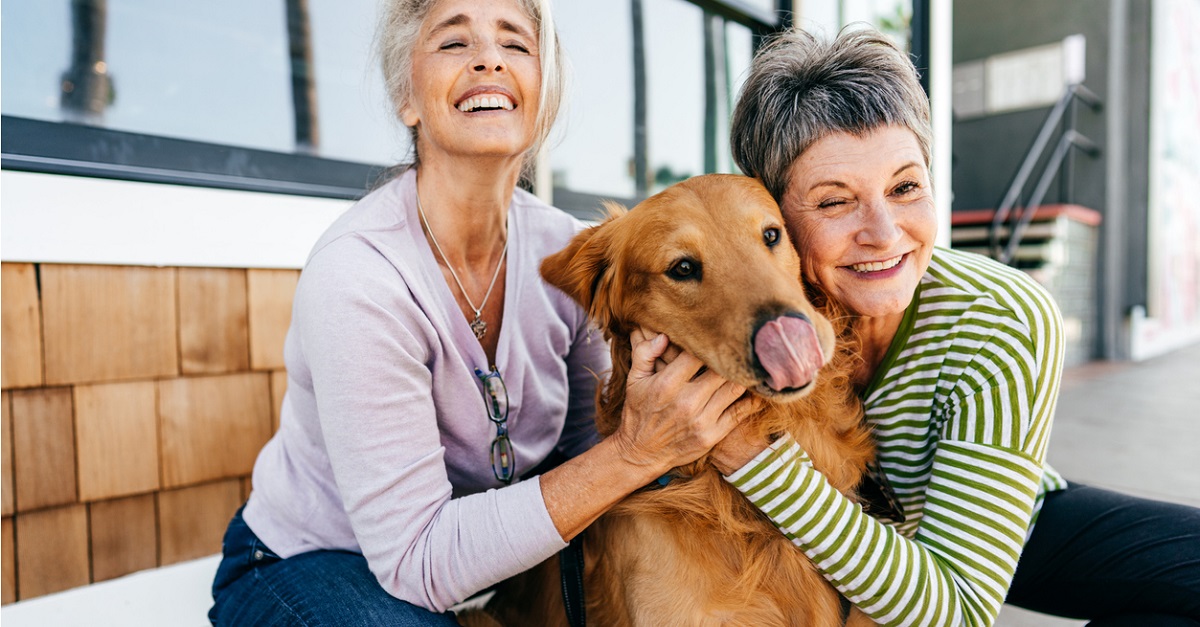
Dogs are among the most loving, cheerful, and easily pleased beings on this planet. Even if you think you could have done more, loved harder, and spoiled them more, your dog was probably in heaven all along.
“You have been given gifts from your animal that are instilled deep in your soul,” Beth Bigler says. “These gifts and all the many strengths you gained from being in such a life-changing relationship will be things you will lean on to recover from your grief and adjust to your new reality.”
Whatever happiness you felt being with them was probably tenfold for them. Collect physical memories of your dog wherever you can — a lock of their hair, their favorite toy, photographs — and look through them regularly. Try to remember every wag of their tail and every excited bark, and know that you did everything you could and more.




